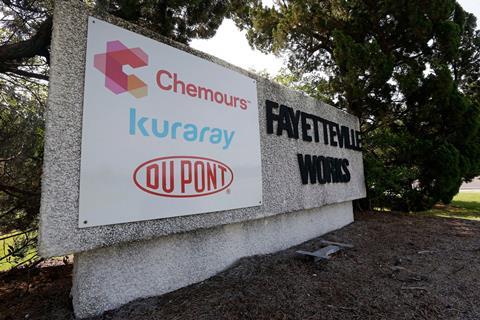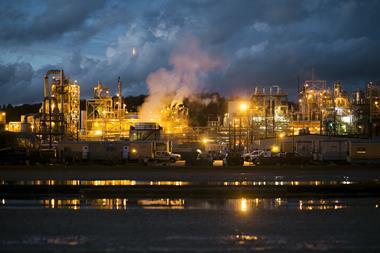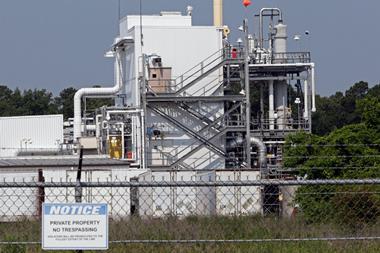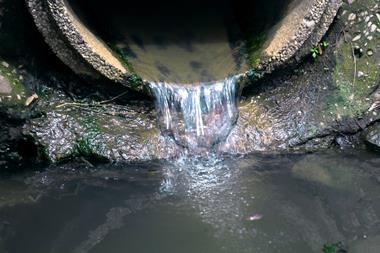Local campaigners claim PFAS emissions from US plant violate various rights, including to clean water and a sustainable environment
The community action group Clean Cape Fear in North Carolina, US, has joined forces with the University of California Berkeley Environmental Law Clinic to formally request that the United Nations investigate multiple alleged human rights violations related to chemical manufacturer Chemours’ release of per- and polyfluoroalkyl substances (PFAS) from its Fayetteville plant along the lower Cape Fear river. The petition is part of an effort to block a request by Chemours to expand the facility.

The Fayetteville Works has discharged various PFAS chemicals into the air, soil, surface water, and groundwater for more than four decades, the petitioners state. The facility’s owner DuPont, and later its spin-off Chemours, have over time exposed local residents to more than 300 distinct PFAS compounds, including historically produced perfluorooctanoic acid (PFOA) and GenX (hexafluoropropylene oxide dimer acid and its ammonium salt) that is still produced.
PFOA production has been voluntarily phased out in the US, and banned many other countries for years, owing to its association with various health problems. While GenX, which is considered a replacement for PFOA, is much less tightly regulated, it has also has been linked to health problems, and its environmental persistence raises significant exposure potential.
In their petition to Marcos Orellana, UN Special Rapporteur on toxics and human rights, the campaign group notes that DuPont and Chemours have publicly acknowledged that Fayetteville Works has discharged PFAS into the Cape Fear river since the plant’s 1980 construction, arguing that neither company has ‘meaningfully redressed’ the health and financial burdens to the local community from these releases.
‘DuPont’s and Chemours’ actions in exposing entire communities to PFAS violates human rights long recognised in international law,’ the petitioners state. ‘By contaminating drinking water, air, soil, and local food supplies with PFAS; by causing pervasive human exposure to PFAS through multiple routes; and by toxifying the broader ecosystem, DuPont and Chemours have violated the human right to clean water and a sustainable environment, the right to bodily integrity, the right to life and health, the right to information, and the right to access to justice and an effective remedy.’
The two organisations say that Chemours should withdraw its application to expand PFAS production at Fayetteville Works, and urge the North Carolina Department of Environmental Quality (NCDEQ) to deny the company the necessary permits. Chemours agreed in 2017 to stop discharging GenX residues into public water sources, and to cooperate with the NDEQ’s request to release monitoring and toxicity data on GenX. The NDEQ regularly publishes progress on the various actions taken under that agreement.
Ed. This story was updated on 15 May to correct the legal status of PFOA in the US

















No comments yet